Hundreds of guests, mostly Chinese studying in the United States and friends they invited, gathered on Sunday at the Chinese embassy in Washington, DC, to celebrate the 45th anniversary of China-U.S. student exchanges.
Speaking at the event, Xie Feng, the Chinese ambassador to the U.S., urged the U.S. to immediately stop groundless interrogation, harassment and repatriation of Chinese students.
The hourslong event, which included a Spring Festival gala for young people from China and the U.S., was organized by the Chinese embassy. Various activities, including fairs and performances incorporating elements of traditional Chinese culture and a seminar on U.S.-China educational exchanges, were held during the event.
Xie said that while the chilling effect of the "China Initiative" lingers, the state of Florida has rolled out a new law blocking Chinese researchers from labs in public universities. Also, dozens of Chinese arriving in the U.S., including students, were being denied entry over the past few months, despite having all documents.
The "China Initiative" was launched by former U.S. president Donald Trump in 2018 to combat so-called economic espionage. It officially ended in February 2022 after several of the alleged espionage and national security cases ended in acquittal, dismissal or were dropped.
According to the ambassador, the students who had been barred from entering the U.S. held valid visas, had no criminal record, and were returning to school after traveling elsewhere or meeting their families in China. When they landed back in the U.S., what awaited them was eight-hour interrogation by officers, who prohibited them from contacting their parents, made groundless accusations against them, then deported them and banned their reentry.
"This is absolutely unacceptable. The Chinese side immediately expressed its firm opposition to the U.S. side. We will continue to resolutely safeguard the legitimate rights and interests of Chinese citizens," said Xie.
In an online statement, the Chinese embassy said it had made solemn representations to the U.S. government about the treatment of students arriving at Dulles Airport in Washington, DC. It warned Chinese students to be cautious when entering through the airport.
Xie pointed out that the dynamism of thought springs from mutual learning, and scientific progress would be impossible without exchanges.
"Politicizing and manipulating educational cooperation will not only prevent students from chasing their dreams and force them to change their life plans, but also drain the talent pool of the United States, poison its research environment and freeze innovation," Xie said. "If normal people-to-people exchanges are cut off, how can the two major countries maintain and develop their relations?"
In his remarks, Xie pointed out that China-U.S. educational cooperation had benefited millions of students and families in both countries.
He said that to implement the initiative announced by President Xi Jinping in San Francisco of inviting 50,000 young Americans to China on exchange and study programs in the next five years, China will set up a YES program — the Young Envoys Scholarship — and encourage diverse forms of cooperation, such as exchange programs between schools, short visits, summer schools and winter camps.
Allan Goodman, CEO of the U.S. Institute of International Education, told the media during the event that interest in U.S.-China educational exchange will resume.
"I think the interest has always been high, and the Chinese people will always warmly welcome Americans studying there as we welcome your students studying here," Goodman said.
Fanta Aw, president of the Association of International Educators, said that the gala was a reaffirmation of the value of people-to-people exchanges and the value of coming together and understanding.
Bob Holden, president of the United States Heartland China Association, recalled his first trip to China as the then-governor of the state of Missouri and the opening of Missouri's first office in China. "Hopefully, the people in the United States can see ways to work together for a mutually beneficial outcome for all of us."








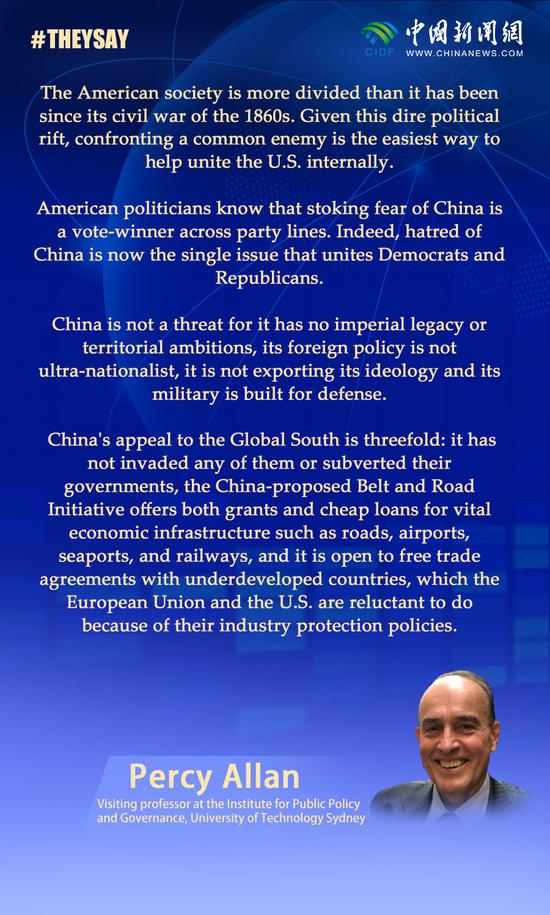
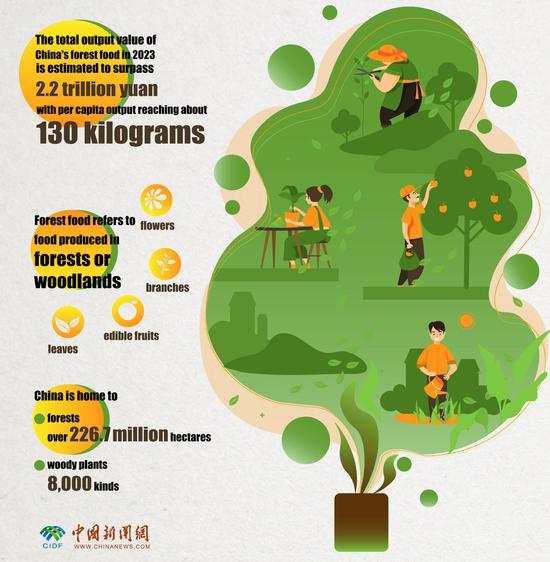

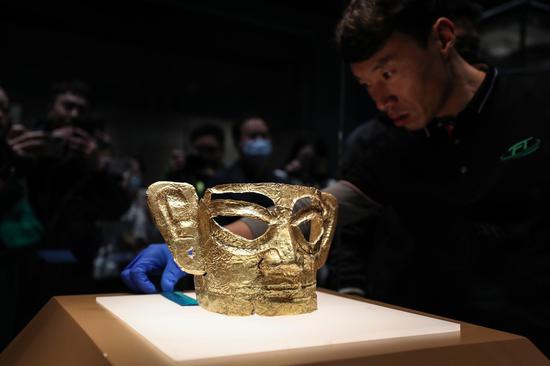


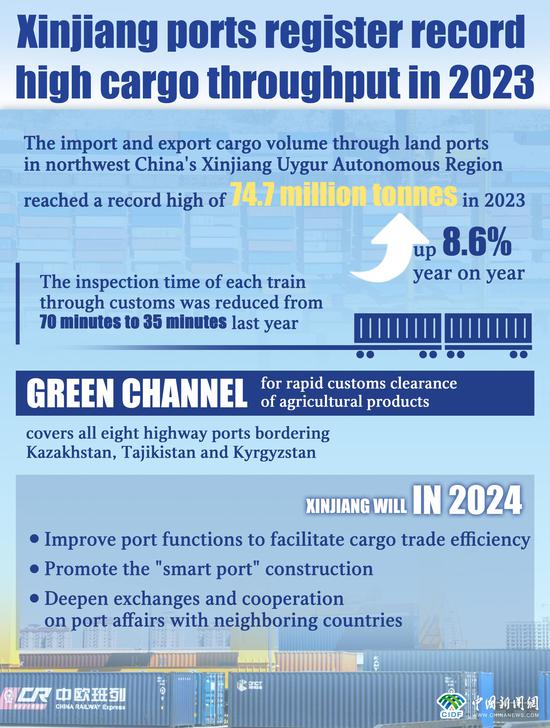
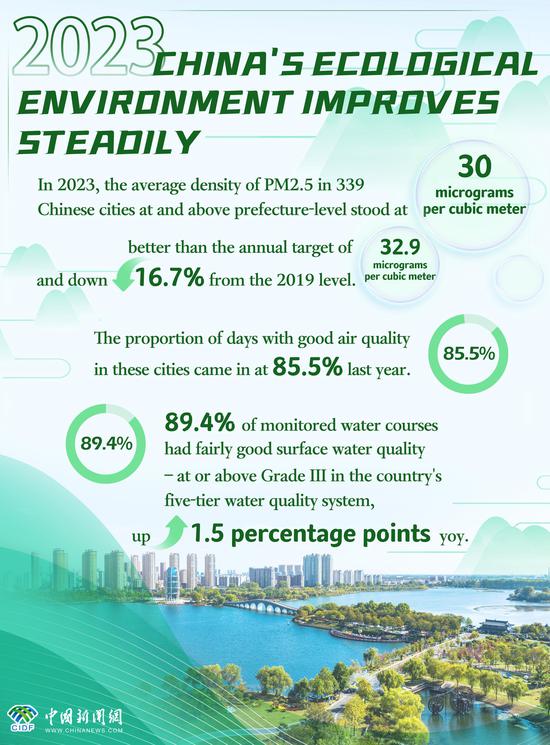
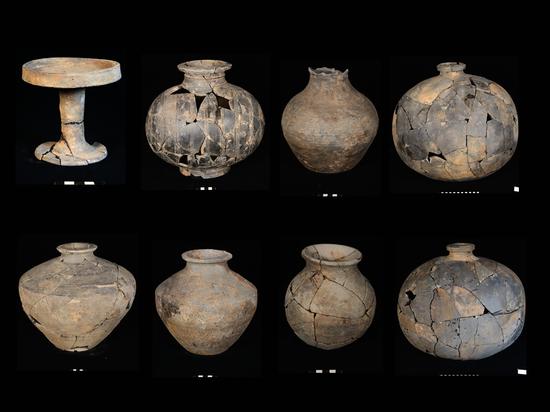
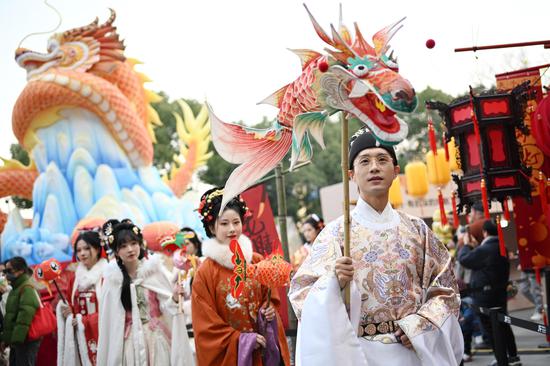
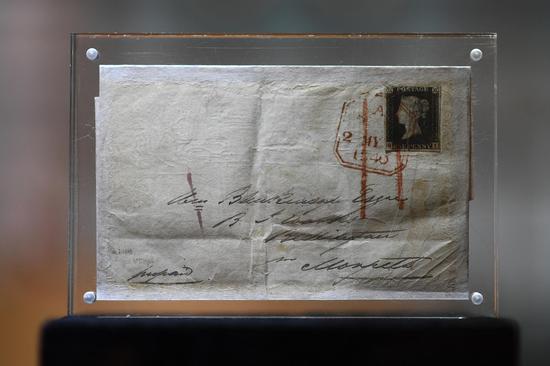



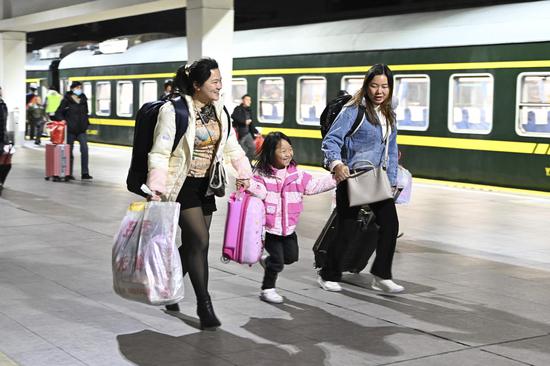
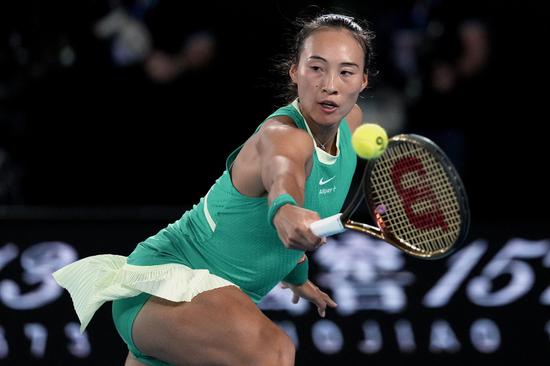
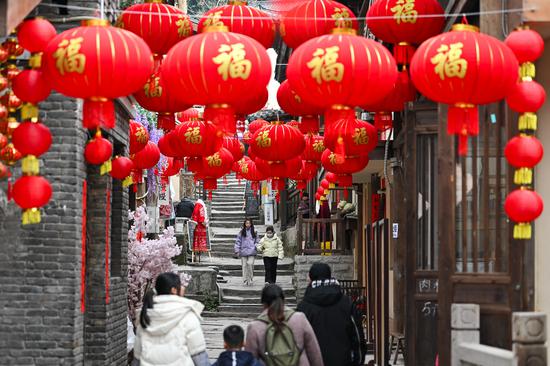

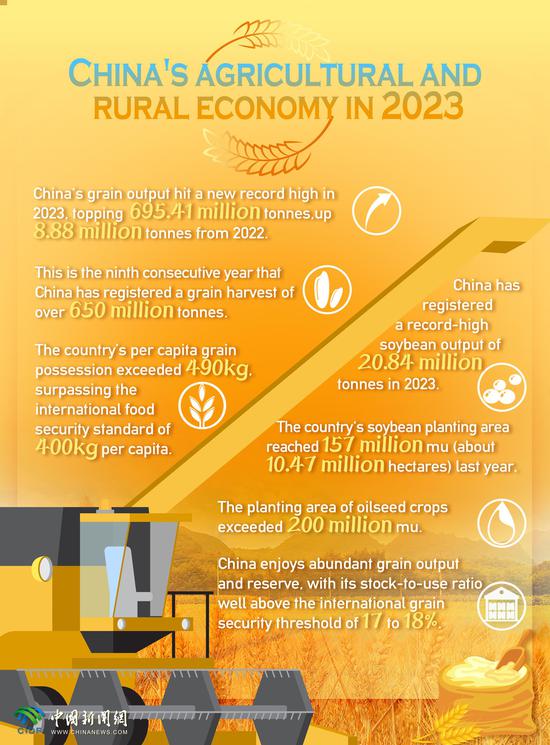

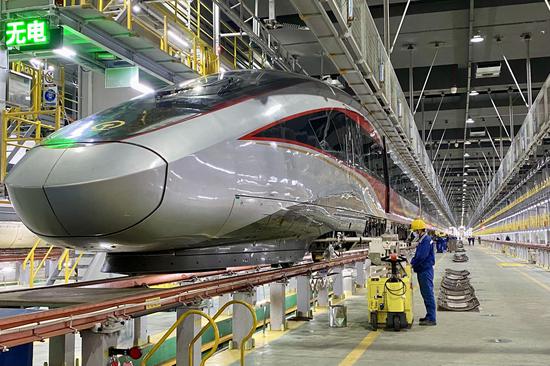

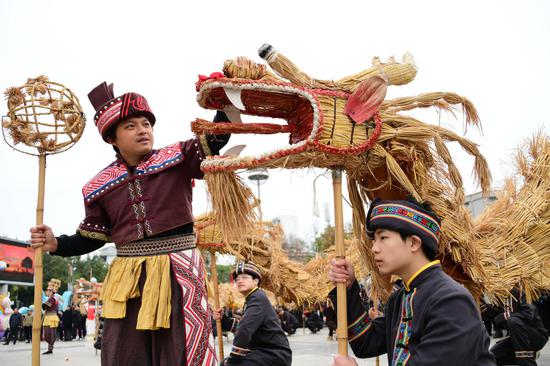
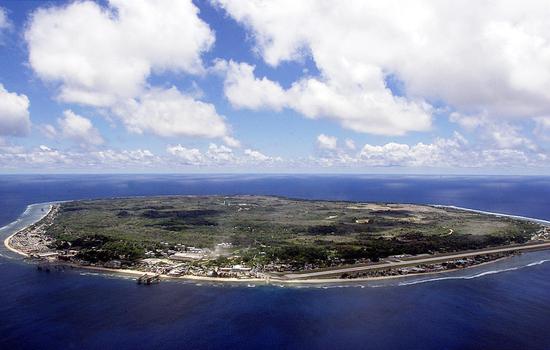


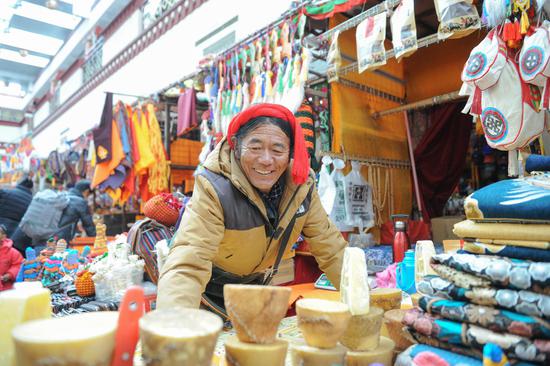

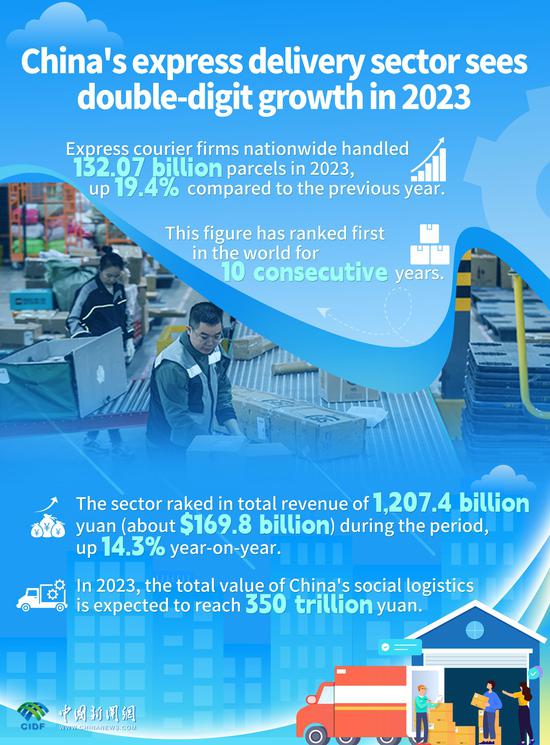



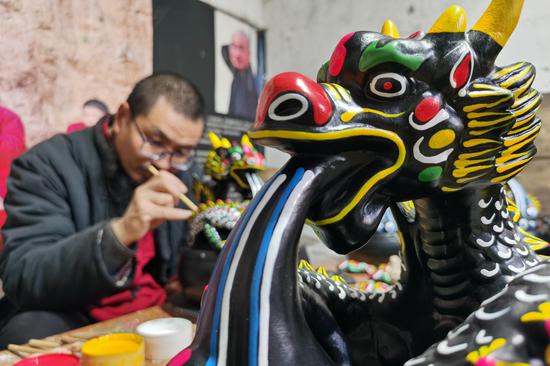


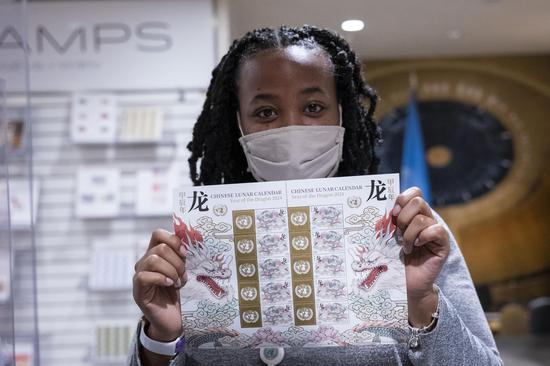






 京公网安备 11010202009201号
京公网安备 11010202009201号